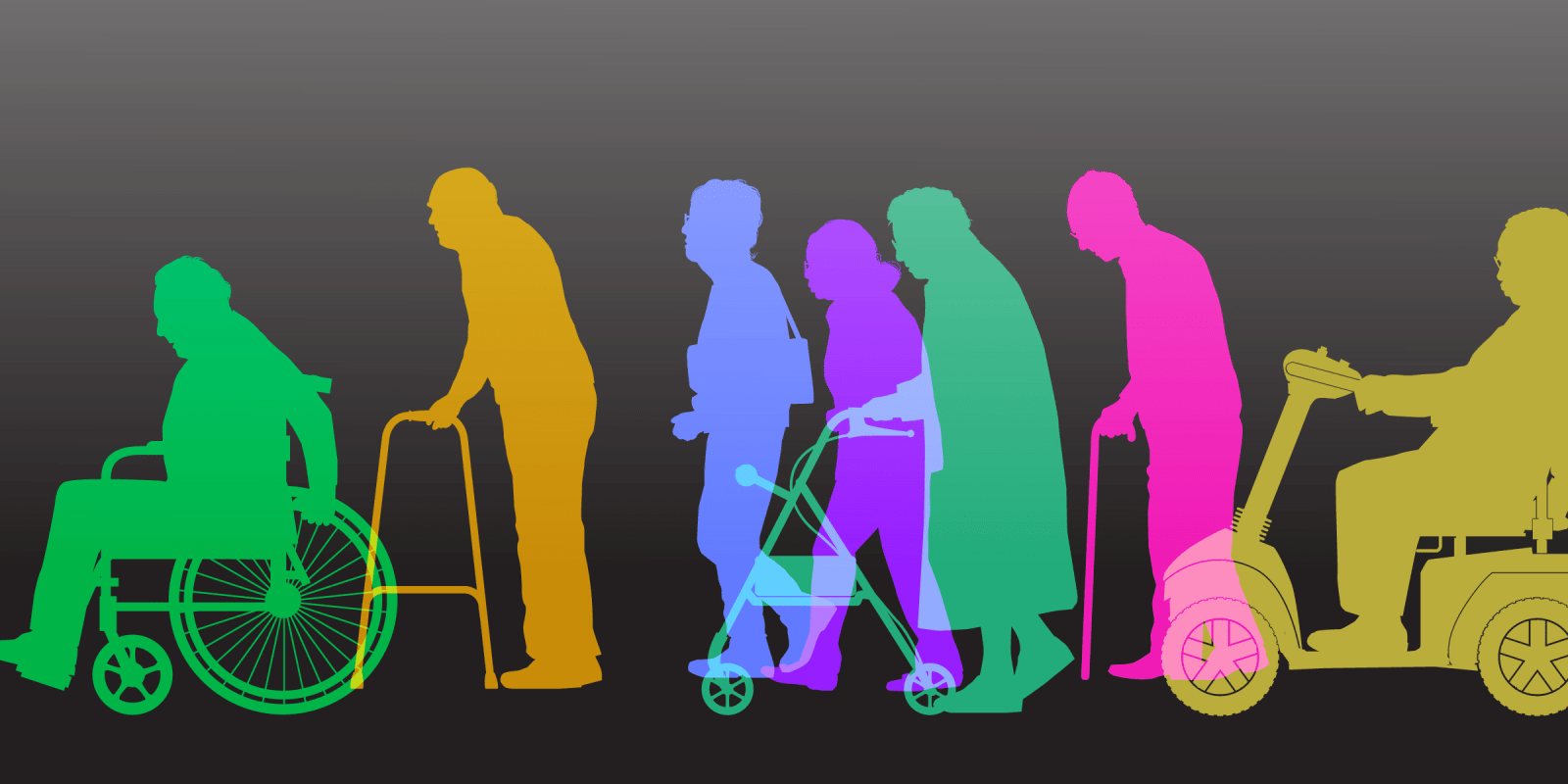In an ASCO session tackling cancer health disparities for older individuals, particularly those from marginalized backgrounds, a population that is increasing in the U.S., Sherrie Wallington, PhD, emphasized patient-centered communication, including the use of plain language, and shared decision-making. Care for older patients with cancer can be improved through the use of geriatric assessment tools. Age alone is a poor indicator for making clinical decisions, leading to overtreatment, poor communication, and poor outcomes, whereas geriatric assessments used throughout the continuum of oncology care improve patient satisfaction and communication and decrease overtreatment.
Melody Schiaffino, PhD, MPH, explained that cancer care delivery barriers are even more challenging for older adults in the U.S. who are diverse, have limited English proficiency, or are otherwise vulnerable. Clinicians should recognize these individuals are likely to be seen later in the cancer continuum, and not inadvertently limit discussion of treatment options due to their own conclusions about a patient’s chronological versus functional age or assumptions about preferences for care, whether this arises inadvertently or through the belief that they are acting in the patient’s best interest.
Dr. Schiaffino said, “our current care delivery system is actually designed to reinforce disadvantages at each stage in the continuum.” Therefore, organizations and hospitals need to consider how they are structured to avoid unintentionally reinforcing these disadvantages.
Nikesha Gilmore, PhD, discussed using biomarkers as surrogates of psychosocial and environmental factors related to cancer and aging. Some of these include inflammatory markers, telomere length, and epigenetic changes, all of which may be susceptible to intervention, although more research is needed to determine their predictive value for clinical risk, particularly in individuals from marginalized populations.
Patient advocate John Simmons, MD, talked about the Cancer and Aging Research Group, whose mission is to design and implement clinical trials to improve the care of older adults with cancer, and includes the Caring Stakeholders for Care in Oncology and Research for our Elders Board. Both the group and board develop patient-centered patient advocates to serve as role models. Dr. Simmons asked the attendees to “act now to institutionalize the development of geriatric oncology patient advocates.”
Dr. Lederman has no conflicts of interest to report.
Image by smartboy10 / GettyImages







